Dear students,
as you already know, you have to write an essay in English to pass the Law and the Humanities exam. We decided to give you the list of questions concerning the lessons that already took place, even if there will be, of course, other lessons and other questions. Anyway, we understand that you have many other exams to prepare and that it is better to begin as soon as possible.
You have to choose one subject and write your essay.
You can also propose a subject, if you think the ones below don't suit you. In this case, you should write me what you would like to do (stefaniagialdroni@libero.it).
Skeel:
1) How far can we apply the Law and Literature method to Italian law?
2) Try to interpret a part of the Italian constitution with the L&L method.
3) Law, culture and society in the US during the 20th century. The birth of the L&L movement.
4) Law and legal enforcement in Italy in the field of immigration law from a Law and Humanities perspective.
Conte:
1) The two models of relationship between law and history from the Middle Ages to the Historical School.
Gialdroni:
1) Legalism and equity: an opposition that is clear in Shakespeare’s Merchant of Venice and Measure for Measure. Can you find other examples of this opposition in Italian case law, and/or in Italian literature, and/or in Italian cinema?
2) Discrimination: in The Merchant of Venice not everyone stands equal before the law (e.g. the Jews are not citizens). Do you know an example of legal discrimination against Jews or other minorities in history? Try to analyse it from a strictly legal point of view.
3) Liberty of contract: Shylock’s contract in The Merchant of Venice is supposed to be against public policy. Which are the limitations of the liberty of contract in Italian contemporary legal system? Why isn’t it possible to ask “a pound of flash” as penalty?
Harreman:
1) Does it make sense, in your personal experience, to read Franz Kafka for a better understanding of law?
2) Read the short apologue on "Our laws" by Kafka and try to write a piece in the same style on "The Laws in Italy".
Guenthner:
1) Adorno, Althusser, Benjamin, Barthes and Deleuze. If you had to enlighten the law about its workings which of the thinkers named above would be your main source? Try to explain why and also comment on the potential risks involved in bringing such ‘outsider’ knowledge to the discipline of law.
2) Try to analyse Prof. Goodrich’s article focusing on its main points. The following questions might help you to structure your analysis. What is Prof. Goodrich’s understanding of Derrida’s early work? How does it differ from previous readings of Derrida in the legal academy? And how can legal theory profit from Derrida’s early work according to Prof. Goodrich’s reading?
Kiesow:
1) “Is law still law when injustice is involved? What may a modern state based on the rule of law do? How much force may it use?”.
Try to reflect on this quotations of Prof. Kiesow Man and Dog. The Modernity of Law: Jurists, Violence, Poetries, and a Photograph, referring also to the films The trial and/or To kill a mockingbird and/or Paths of glory.
Law and the Humanities at Roma Tre
The blog of the "Law and the Humanities" course of lessons at the Roma Tre University (Law Faculty)
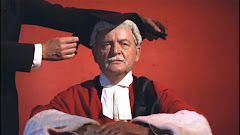
Alfred Hitchock's "Dial M for Murder" (1954)
Thursday, 1 May 2008
Subscribe to:
Post Comments (Atom)

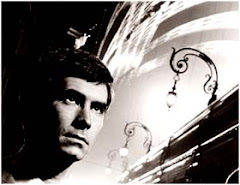


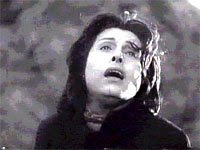
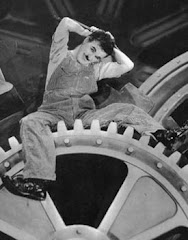
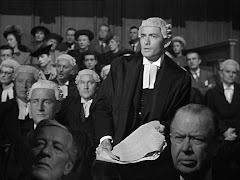

No comments:
Post a Comment